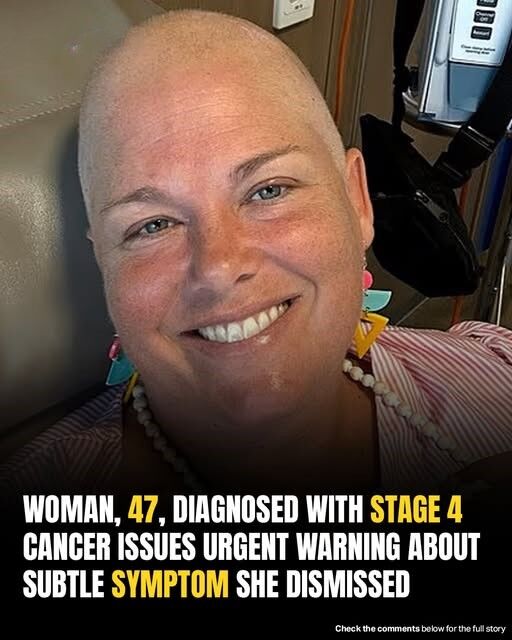Susan Schmidt was just 45 when her body started whispering that something wasn’t right. A mother of two and an experienced physiotherapist, she initially chalked up the persistent fatigue she felt in mid-2023 to early menopause or everyday stress. Even when she noticed changes in her digestion and occasional constipation, she didn’t raise any alarms. After all, she was health-conscious, active, and deeply familiar with the human body.
During a family holiday in France, her bowel habits shifted noticeably. But again, she dismissed the symptoms, attributing them to the rich food and travel routine. What she didn’t know was that these subtle changes were early signs of a far more serious issue. It wasn’t until she returned to Australia and experienced severe abdominal pain—pain she later described as “worse than childbirth”—that she finally sought medical attention.
Yet, even then, the warning signs were missed. Her doctor examined her and sent her home, not suspecting anything as severe as cancer. No one thought to look further. It wasn’t until September 2023 that Susan was officially diagnosed—with stage four colon cancer.
Today, at 47, Susan is in remission. And instead of staying silent, she’s speaking out—sharing her journey so that others might act sooner. As a healthcare professional, she understands how often symptoms related to digestion are dismissed or minimized—especially by women juggling work, family, and personal well-being.
In response, she founded The Floozie Foundation, a nonprofit aimed at supporting nurses and patients across Australia in the battle against colon cancer. Her mission: to dismantle the stigma surrounding bowel health, encourage earlier screening, and empower people—especially women—to advocate for themselves when something feels wrong.
Susan’s story is a compelling reminder: Don’t ignore your body. Don’t be embarrassed. Don’t settle for vague reassurances. If something feels off—even if tests are “normal”—keep pushing for answers. Early detection saves lives, and sometimes, survival depends on how loudly you speak up when no one else is listening.
